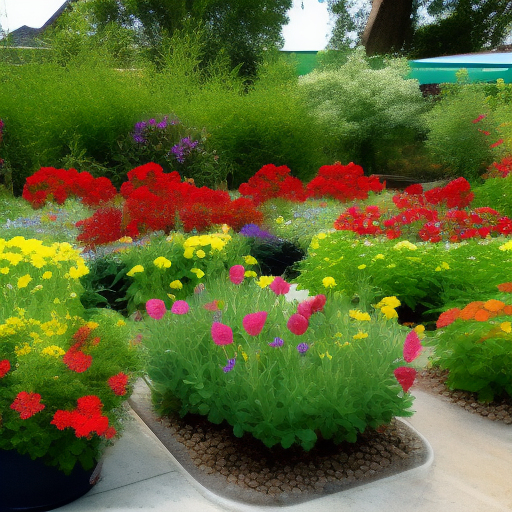
Garden Fresh Delight: A Guide to Growing Your Own Vegetables
The Benefits of Growing Your Own Vegetables
There are many benefits to growing your own vegetables. Firstly, it’s a great way to save money on groceries. Instead of buying expensive produce at the supermarket, you can grow your own for a fraction of the cost. Secondly, homegrown vegetables are fresher and more nutritious than store-bought produce. They contain more vitamins and minerals, and they taste better too. Finally, growing your own vegetables is a fun and rewarding hobby that can help you connect with nature and get some exercise.
Choosing the Right Vegetables
When choosing which vegetables to grow, it’s important to consider your climate, soil type, and available space. Some vegetables require full sun, while others can tolerate partial shade. Some need well-drained soil, while others prefer moist soil. You should also consider how much space you have available. If you have a small garden, you may want to focus on compact plants like tomatoes, peppers, and herbs. If you have more space, you can experiment with larger plants like squash, corn, and pumpkins.
Preparing Your Garden
Before you start planting, you’ll need to prepare your garden. Start by clearing the area of any weeds or debris. Then, loosen the soil with a garden fork or tiller. If your soil is heavy clay or sandy, you may need to amend it with compost or other organic matter to improve its texture and fertility. You can also add a layer of mulch to help retain moisture and suppress weeds.
Planting Your Vegetables
When planting your vegetables, it’s important to follow the instructions on the seed packet or plant tag. Some vegetables, like tomatoes and peppers, need to be started indoors several weeks before the last frost date. Others, like beans and lettuce, can be sown directly in the garden. Make sure to space your plants according to their recommended spacing, and water them regularly to keep the soil moist.
Caring for Your Garden
Once your vegetables are planted, you’ll need to care for them throughout the growing season. This includes watering them regularly, fertilizing them with compost or other organic matter, and controlling pests and diseases. You may also need to provide support for some plants, like tomatoes and cucumbers, with stakes or trellises.
Harvesting Your Vegetables
As your vegetables mature, you’ll need to harvest them regularly to encourage new growth. Most vegetables are ready to harvest when they reach their mature size and color. Some, like tomatoes and peppers, will continue to ripen after they are picked. Others, like lettuce and spinach, should be harvested when they are young and tender. Don’t be afraid to experiment with different cooking methods and recipes to make the most of your fresh produce.
Conclusion
Growing your own vegetables is a fun and rewarding way to save money, eat healthier, and connect with nature. By choosing the right vegetables, preparing your garden properly, and caring for your plants throughout the growing season, you can enjoy a bountiful harvest of fresh, delicious produce.